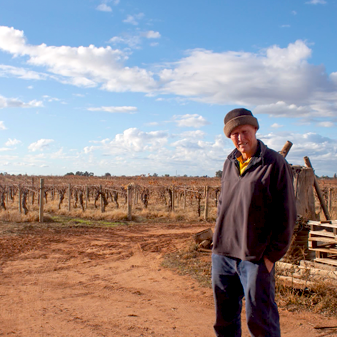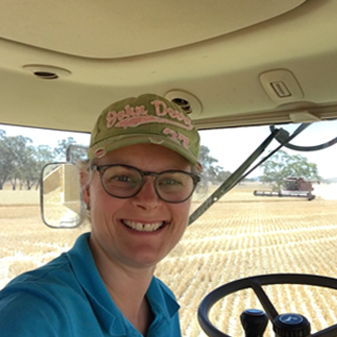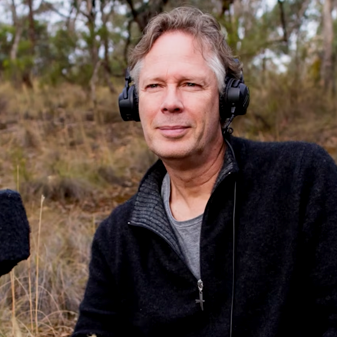


Climate Ready Sectors
Home to some of the most resilient businesses in Victoria
To strengthen and support resilient businesses, we are focused on enabling local businesses and workers to leverage their strengths to drive sustainable community outcomes while growing our competitive advantages.
Our resilience goals
What We Value
As a region, we also have many valuable assets that enrich our economy. Businesses that are already acting on climate change are reaping benefits, including cost-savings enhanced reputation and increased investor confidence.
Agriculture
‘Farming and farmers are really important to our region, we need to find ways to support their survival because of climate change.’
Renewable energy
‘If all the planned solar farms are built the region could become 500% renewable. By mid-decade, renewables could deliver over $1 billion in supply chain benefits to the region and create over 3200 jobs during construction’
Rural working lifestyle
‘Central and northern Victoria provide a fantastic place to live. With dynamic urban centres and many thriving local towns, the lifestyle is great’
Visitor economy
‘At present, tourism is a healthy $1 billion per annum industry, attracts 7.7 million visitors to the Loddon Mallee’s fantastic waterways, beautiful walking tracks, local food, wine, culture and heritage.’
Education, skills and training institutions
‘Regional universities in rural and regional communities facilitates more than just the provision of tertiary courses to students. Regional universities allow regional towns and cities to thrive… they link new ideas and investment [and] provide the foundation for collaboration and partnerships’
Small business
‘They provide more jobs than people think and our small towns rely on them not just for the locals but to attract tourists’
Our Sectors
In the Loddon Mallee, our overall gross regional product is $21 billion, with manufacturing, construction and agriculture the top industries in terms of economic output. Our top employing industries are health care, retail/trade and manufacturing, with professionals, managers, technicians or trade workers, and labourers the most common professions. Most businesses in the region a are small, sole traders with only 16 businesses employing more than 200 people. The median income is below the state average, with two thirds of workers earning less than $1000 per week. The youth unemployment rate remained low in 2020 despite the pandemic. Prior to the COVID-19 outbreak, a small minority of the population worked from home and a high number of people travelled to work by car. It is expected to be the reverse for 2021.
Through our engagement we learnt that access to localised and trusted information is a key requirement for businesses and workers to understand and be able to communicate the risks of climate change. A majority of businesses engaged with lacked appropriate tool to access climate risks while one quarter had completed a formal risk assessment.
Respondents also reported current funding and development opportunities as key barriers to climate change adaptation. Grants processes and short-term funding opportunities were discussed as limiting access to support, with a lack of completed adaptation projects raised as a limiting factor to business confidence in implementing new solutions. For the agriculture sector, concurrent threats of falling commodity prices, extreme heat stress, and below average rainfall were highlighted as an example for the need to focus on business continuity during crisis; disruptions only made worse by the COVID-19 pandemic. Many opportunities were proposed to cater to the region’s sole traders, specifically in relation to increasing investment, introducing new insurance products, and collaborating to develop local innovation initiatives.
We acknowledge and respect Victorian Traditional Owners as the original custodians of Victoria’s land and waters, their unique ability to care for Country and deep spiritual connection to it. We honour Elders past and present whose knowledge and wisdom has ensured the continuation of culture and traditional practices. We are committed to enabling self-determination for all Aboriginal people and aim to work closely with the Aboriginal community to drive action and improve outcomes especially in the context of a changing climate.


